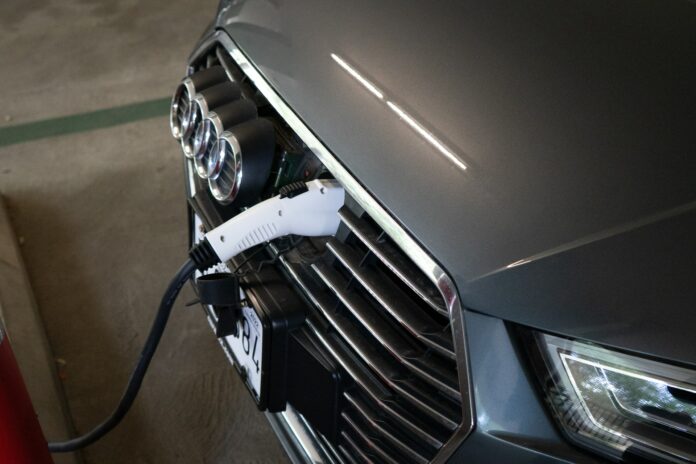While 42% of Americans say they would be very or somewhat likely to seriously consider purchasing an electric vehicle the next time they’re looking for a new car or truck, 45% say they would be not too or not at all likely to do so. While the Pew Research survey highlights the fact that many are not on board with switching to an EV anytime soon, debunking a variety of misconceptions out there may help those who are on the fence regarding the matter. From charging myths to understanding the true environmental impact, here are just three major points worth knowing before purchasing your next vehicle.
EV charging — does it really take forever?
While many who are unsure of purchasing an EV may be worried about the cost or the range, the fact of having to charge a vehicle may also be off-putting to many. With many under the impression that charging an electric vehicle can take forever (or that it will need to charge often), filling up a gas tank in just minutes can certainly seem more appealing — especially when on the go. However, it’s important to realize that many EV models available today actually have a range of over 200 miles on a single charge. With the average U.S. driver traveling just 29 miles a day (according to the U.S. Department of Transportation), you likely won’t need to plug in as often as you’d think.
While charging times vary, a Level 2 home charger can drastically reduce the time it takes to charge your EV, allowing the vehicle to fully recharge in 10 hours or less. Time.com notes that a typical EV can take around 30 minutes or more to charge with a high-powered DC fast charger, and the field of EV batteries is constantly evolving with research. For example, Time highlights one study published by researchers at Penn State University in Nature, which reveals that they have actually developed an EV battery that can charge up to around 70% capacity in roughly ten minutes.
The environmental aspect
EV’s are touted as being one of the greenest forms of transportation, though many may believe that EVs are worse for the climate when factoring in aspects like battery manufacturing. The Environmental Protection Agency (EPA), however, debunks this myth by pointing out that the greenhouse gas emissions associated with an electric vehicle over its lifetime are actually typically lower than those from the average gas-powered vehicle — even when factoring in manufacturing. While the EPA notes that making an EV, according to some studies, can create more carbon pollution than making a gas-powered car (due to the energy needed to make the battery), the long-term payoff can still be beneficial. Sergey Paltsev, Deputy Director of the MIT Joint Program on the Science and Policy of Global Change, explains that EVs are better for the climate despite the fact that the manufacturing and charging aspects create emissions. “We shouldn’t claim victory that with this switch to electric cars, problem solved, we are going to have zero emissions,” he says, going on to note that electric cars are “actually much, much better” when it comes to the climate impact when compared to internal combustion vehicles.
Are EVs really a fire risk?
In addition to charging and environmental concerns, issues such as fire hazards may also cause concern to many who are considering such an investment — especially when seeing news coverage of various events resulting in EV fires. To put things into perspective, however, one Forbes article notes that there were only 40 EV fires in China in 2018 — across a fleet of 1.2 million EVs, this makes for one fire for every 30,000 vehicles. When compared with the 1,569 fossil fuel cars that caught fire in the U.S. in 2016, Forbes highlights that gas-powered vehicles are actually more likely to catch fire than EVs.
For many, deciding whether or not to invest in an electric vehicle can be a major and stressful decision — especially when considering all of the myths out there. By understanding the facts, however, you’ll be able to make an informed decision the next time you’re purchasing a vehicle.










